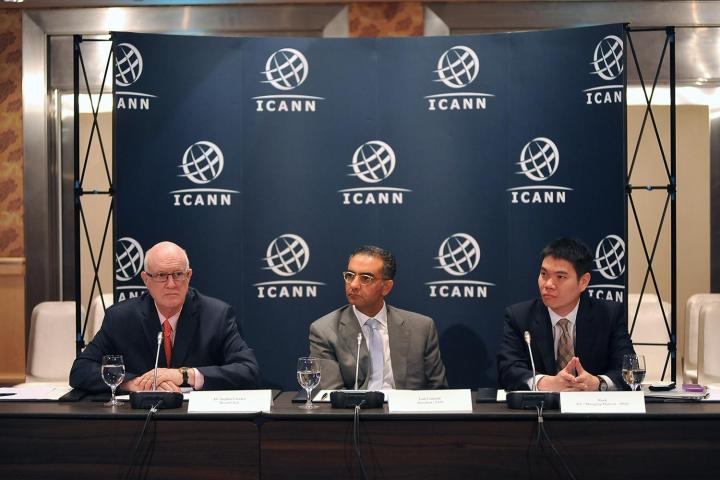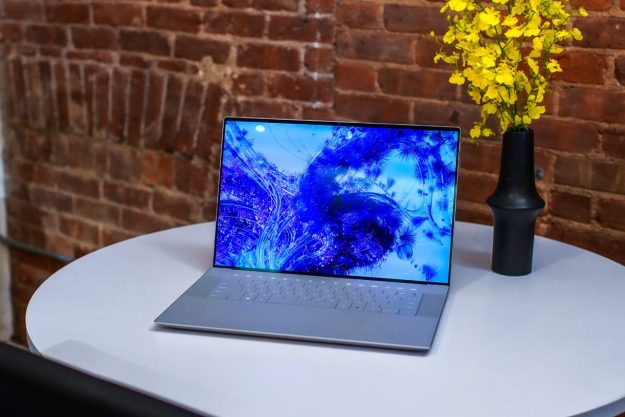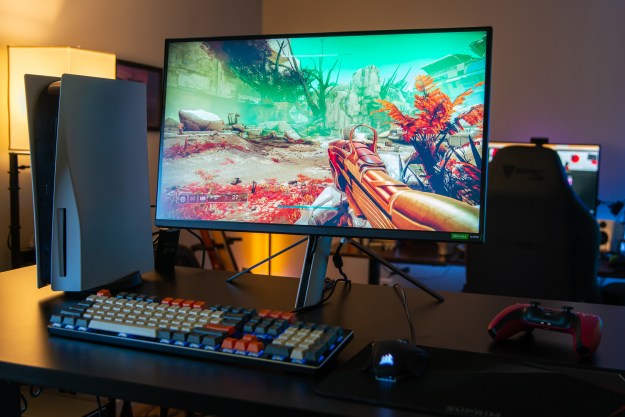
IPv4 addresses are the identification tag that computers, smartphones, laptops, and servers use to tell the rest of the Internet who they are and what they’re connected to the Web for.
The good news is we already saw this problem coming years ago, as evidenced by the litany of articles published on the issue dating all the way back to 2011.
Most major tech companies have been slowly making the switch since the news first broke four years ago, but some have been reluctantly dragging their feet due to increased costs.
Right now, even though they’re in short supply, IPv4 address costs about $11.25 to register, something that cloud providers have no problem paying upfront. However, big names like Amazon (of Amazon Web Services), Microsoft (Azure), and Salesforce have still been doing everything they can to avoid the imminent problem. But, the end of IPv4 is coming, whether they like it or not.
First approved in 1998, IPv6 is already pervasive in the consumer market, but will take some time to see widespread adoption on the backend because of the need to buy all new routers, servers, and switches to accommodate the new standard.
“But won’t IPv6 addresses run out eventually too?” you might be asking yourself. Well, thankfully the engineers behind its design already accounted for this, creating a 128-bit string of possible combinations, as opposed to IPv4’s 32. This means there will be 340 undecillion addresses ready to last us the next few years at least.
There’s still no hard date on exactly when the coffer will run dry, but expect it to happen any day now soon.


